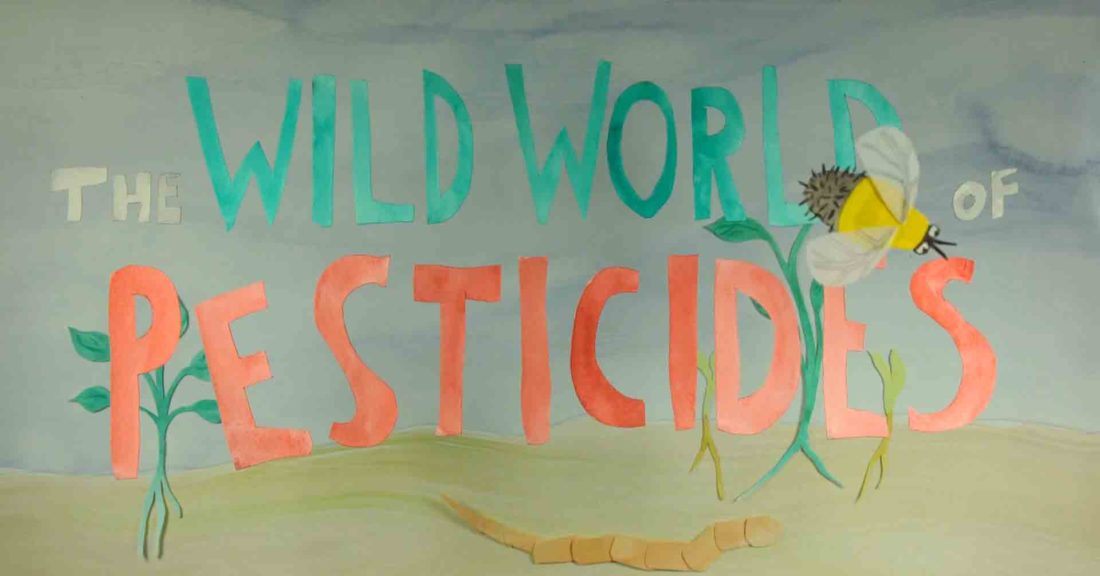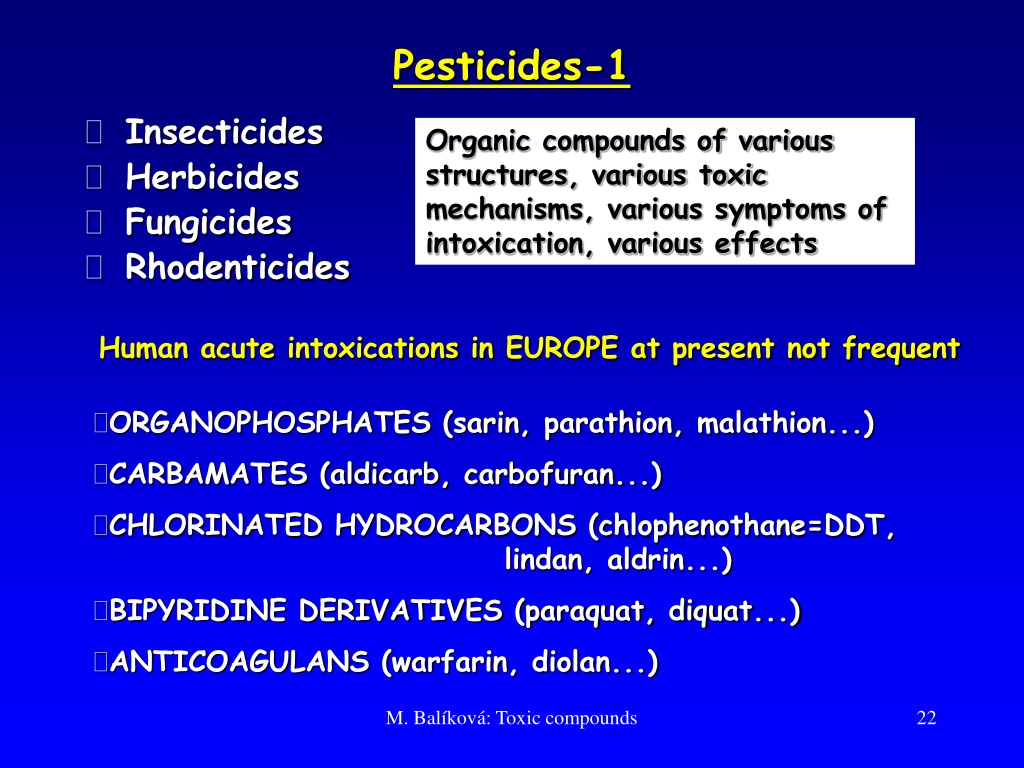

For example, some insecticides can be toxic if ingested or inhaled, while some pesticides can cause skin irritation or respiratory problems. Effects on Human Health: Insecticides and pesticides can both pose risks to human health, but again, the specific risks can differ.For example, insecticides can harm beneficial insects, such as pollinators, while pesticides can contaminate soil, water, and air.

Effects on the Environment: Both insecticides and pesticides can have negative impacts on the environment, but the specific effects can differ.Mode of Action: Insecticides usually work by attacking the nervous system of insects, while pesticides can have a variety of modes of action, such as inhibiting enzyme activity, disrupting cellular functions, or interfering with reproduction.Chemical Composition: Insecticides are typically made of chemicals that are toxic to insects, while pesticides can be made of a variety of chemicals, including herbicides, fungicides, and rodenticides.Target Organisms: Insecticides are specifically designed to control or kill insects, while pesticides can target a broader range of organisms, such as weeds, fungi, rodents, and bacteria.While both insecticides and pesticides are used to control or prevent pests, there are some key differences between the two: Differences Between Insecticides and Pesticides Some common examples of pesticides include glyphosate, copper sulfate, and rat poison. They can be applied to crops, soil, water, or indoor spaces to prevent or control pest infestations. Pesticides can be classified into different types based on the type of pest they target, such as herbicides, fungicides, rodenticides, nematicides, and molluscicides. They are used to kill or control pests, including weeds, insects, fungi, bacteria, rodents, and other organisms. Pesticides: Pesticides are chemicals used to control or prevent the growth of unwanted plants, insects, or other organisms that can cause harm to crops, human health, or the environment. Some common examples of insecticides include pyrethroids, organophosphates, and carbamates. Insecticides can be found in various forms, such as sprays, powders, baits, or traps. They can be applied to crops, vegetation, or indoor spaces to control or prevent insect infestations. Insecticides can be classified into different types based on their mode of action, such as contact insecticides, systemic insecticides, residual insecticides, and biological insecticides. They are specifically designed to target and eliminate insects, including both pests and beneficial insects. Insecticides: Insecticides are chemicals that are used to kill or control insects. Risks and Benefits of Insecticides and Pesticidesĭefinition of Insecticides and Pesticides Definition of Insecticides and Pesticides


 0 kommentar(er)
0 kommentar(er)
